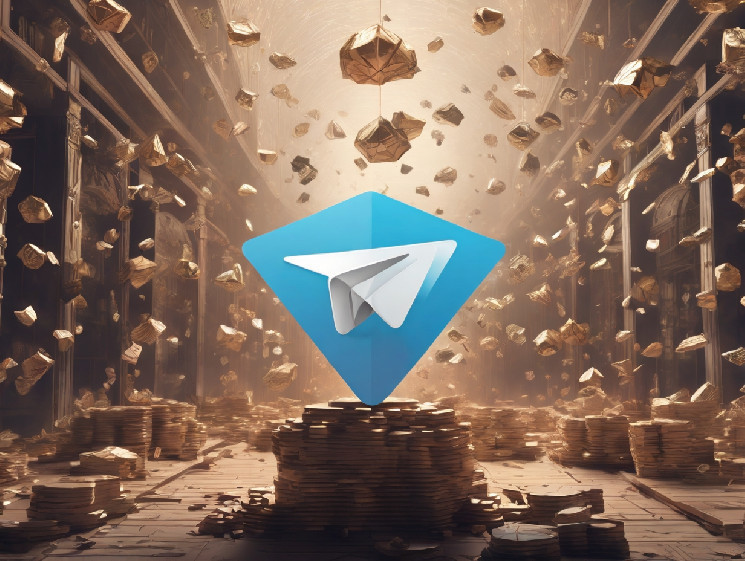Telegram launched a new payment system for digital goods and services on the social media platform. Dubbed ‘Telegram Stars,’ the system allows people to pay for digital products like e-books and online courses via in-app purchases on Apple and Android.
Telegram CEO Durov said that Telegram Stars offers users “a way to pay for digital services in mini-apps.” App developers can withdraw stars earned by their bots in TON, the native token of The Open Network, through the crypto exchange Fragment. They can also use stars to promote their apps on Telegram.
Telegram CEO: ‘Stars’ is Apple, Google-compliant
Telegram uses web applications that run inside the messaging platform, which are known as “mini-apps.” Businesses have utilized these mini-apps to sell physical products on Telegram for many years, Durov says. According to the platform, over 400 million people interact with the apps every month.
The Telegram founder said the service is now being expanded to include payments for digital products in stars, an in-app virtual currency. In a post on Telegram, Durov said that Stars complies with Apple and Google’s latest policies on selling digital goods.
“Apple and Google take a 30% commission when users buy stars from them, but Telegram will subsidize ads purchased with Telegram Stars,” – Pavel Durov
Telegram sees a surge in new apps
Telegram has seen a surge in apps building on the platform. In January, the tap-to-earn game Notcoin launched on the platform and reached a quickfire 35 million users within five months. Hamster Kombat, another game based on the TON blockchain that allows players to earn points by tapping into its mini-app on Telegram, has amassed more than 100 million users.
Durov said mini-apps such as Notcoin and Hamster Kombat grow quickly because users don’t need to install them on their devices. He revealed plans to bring more features and functionality to Telegram Stars in the future, including gifts for content creators. As of writing, the price of TON is up 4.7% to $7.54 on the day, and it has soared more than 350% since January.


